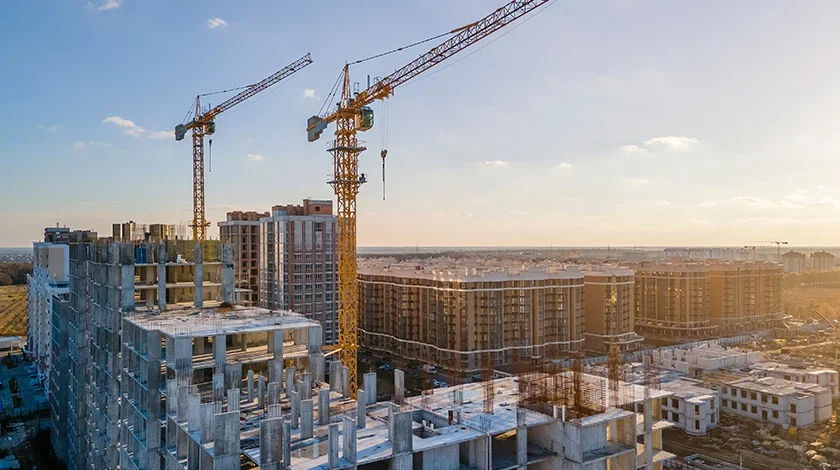Co-authored by Jace Coaldrake-Redhouse
In late 2023, the NSW Government passed the Building Legislation Amendment Bill 2023 (Amendment Bill). The Amendment Bill established the NSW Building Commission and granted it extraordinary powers to enter construction sites, inspect work and take away information and materials.
In 2020, the introduction of the Residential Apartment Buildings (Compliance and Enforcement Powers) Act 2020 (RAB Act) created the NSW Building Commissioner. The role of the Commissioner is to regulate the building of residential apartment buildings in NSW. The Commissioner has been active in exercising his powers. This includes issuing 10 stop work orders, 16 prohibition orders and 81 rectification orders in NSW to the date of writing.
The new Building Commission is a broader body, formed from parts of the Department of Fair Trading and the Building Commissioner’s office. Its role is extended to regulating all residential building in NSW.
The Amendment Bill added to the Home Building Act 1989 (NSW) gives the Commissioner power to authorise any person to enter into any residential building under construction in NSW and to:
- Examine and inspect anything;
- Take and remove samples;
- Make examinations, inquiries, measurements or tests the authorised person considers necessary;
- Take photographs or other recordings the authorised person considers necessary;
- Direct a person to produce records for inspection;
- Examine and inspect records;
- Copy records; and
- Seize items if the authorised person has reasonable grounds for believing it is connected with an offence or a defect in a building.
The Commission can also conduct destructive testing if the authorised person has reasonable grounds for believing that it is necessary. Developers and builders of residential buildings in NSW should anticipate an inspection by the Building Commission during construction.
One extraordinary element of this power is that any person authorised by the Commissioner may enter any buildings or parts of buildings that aren’t being lived in without a warrant or justification. These powers to enter and alter private property without permission extend beyond those currently held by the NSW Police.
The Commission’s power to issue orders extends to all residential buildings in NSW. The Commission can issue:
- Stop work orders;
- Prohibition orders; and
- Rectification orders;
Failure to comply with a rectification order will also attract large maximum penalties of up to $330,000 for a corporation and $110,000 for an individual.
If you’re currently involved in residential building and require further advice in relation to the Building Commissioner’s powers, please contact our Building and Construction team.














